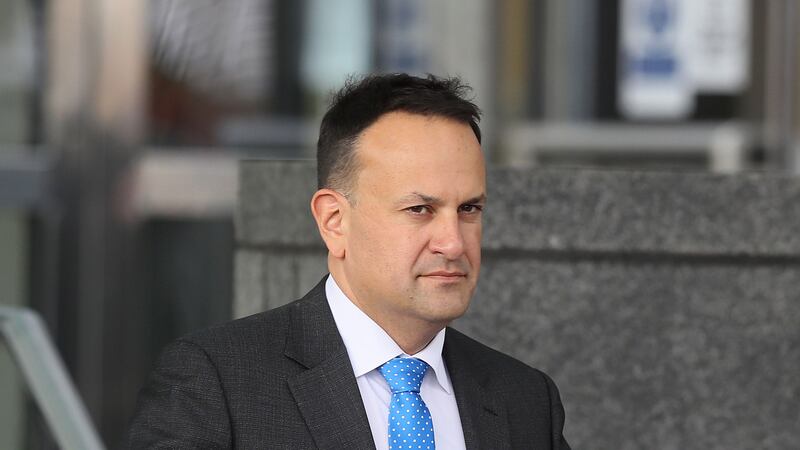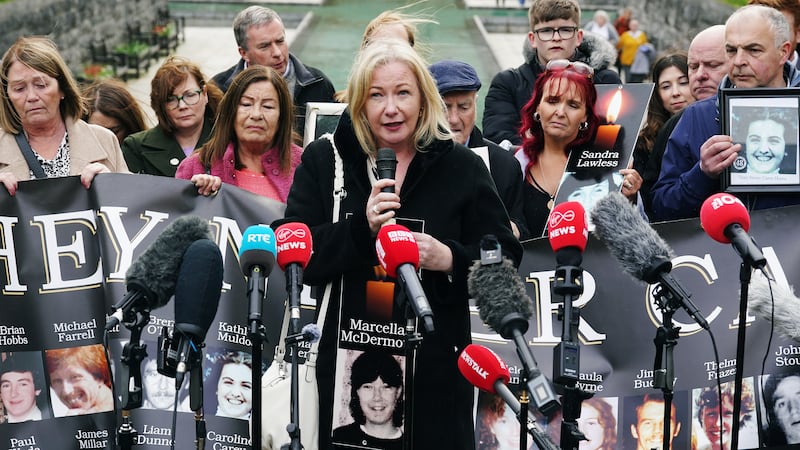Minimum unit pricing for alcohol will save lives, the tánaiste has said.
Leo Varadkar said it will reduce illness, improve quality of life and ease pressure on the health service.
Speaking at the official launch of the policy in Dublin, Health Minister Stephen Donnelly insisted the measure is being introduced “because there is powerful evidence this works”.
He said some supermarkets are currently selling alcohol “cheaper than they are selling water”, which he said was “not OK and not healthy”.
Mr Donnelly said there is alcohol-related mortality of more than 1,000 people a year, while international analysis estimated 2,700 deaths attributable to alcohol in Ireland in 2016.
He said the number of hospitalisations wholly attributable to alcohol doubled between 1995-2018.
Minister of State with responsibility for Public Health, Frank Feighan, added: “We know from our modelling and from the evidence from Scotland that minimum unit pricing impacts the most on high-risk, harmful drinkers.
“If we can remove cheap, strong alcohol from our stores, we can reduce the burden of disease and we can put strong alcohol out of the price range of our children and young people.”
Minimum unit pricing for alcohol in Ireland is to take effect from January 1 2022.
It will see a minimum “floor” price of 10 cents per gram of alcohol, and is designed to target cheap drinks with high alcohol content, and will not apply to alcohol sold in pubs and licensed premises, but to those sold in supermarkets and off-licences.
Mr Donnelly said Northern Ireland is “years away” from introducing a similar policy.
He said Stormont Health Minister Robin Swann does not believe he will be able to take introduce a similar measure in this mandate, which is due to end next May.
Mr Donnelly said it is unlikely to be introduced in Northern Ireland before 2023, and added that Ireland is “not willing to wait that long”.
Mr Varadkar said the Dublin government will press Stormont to act.
“I still hope they will follow suit and we will be pressing the parties there to do so, particularly the parties that co-chair the Executive: Sinn Féin and the DUP.”








